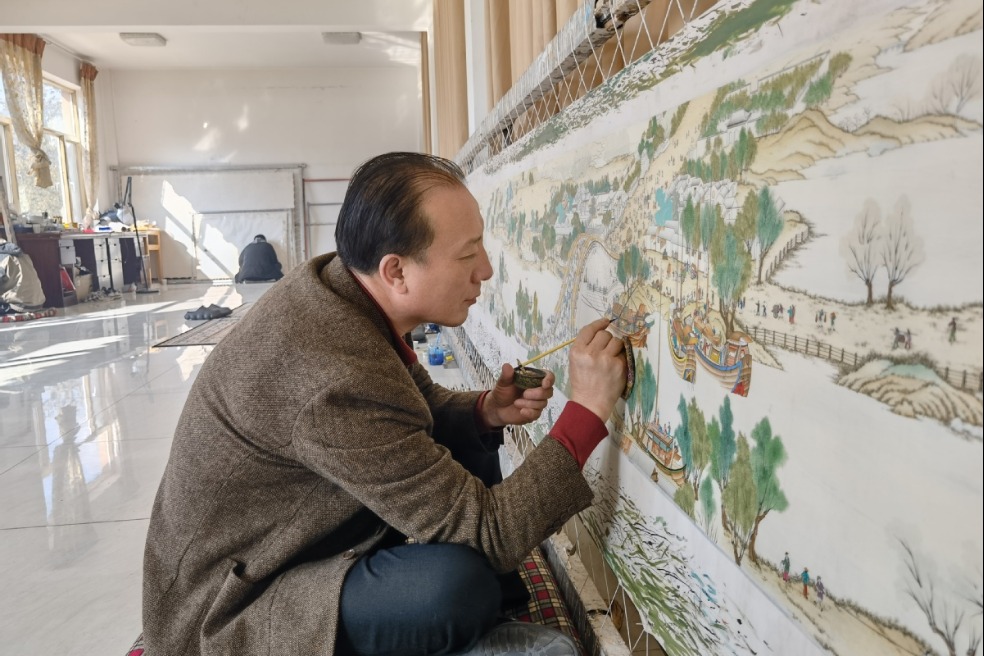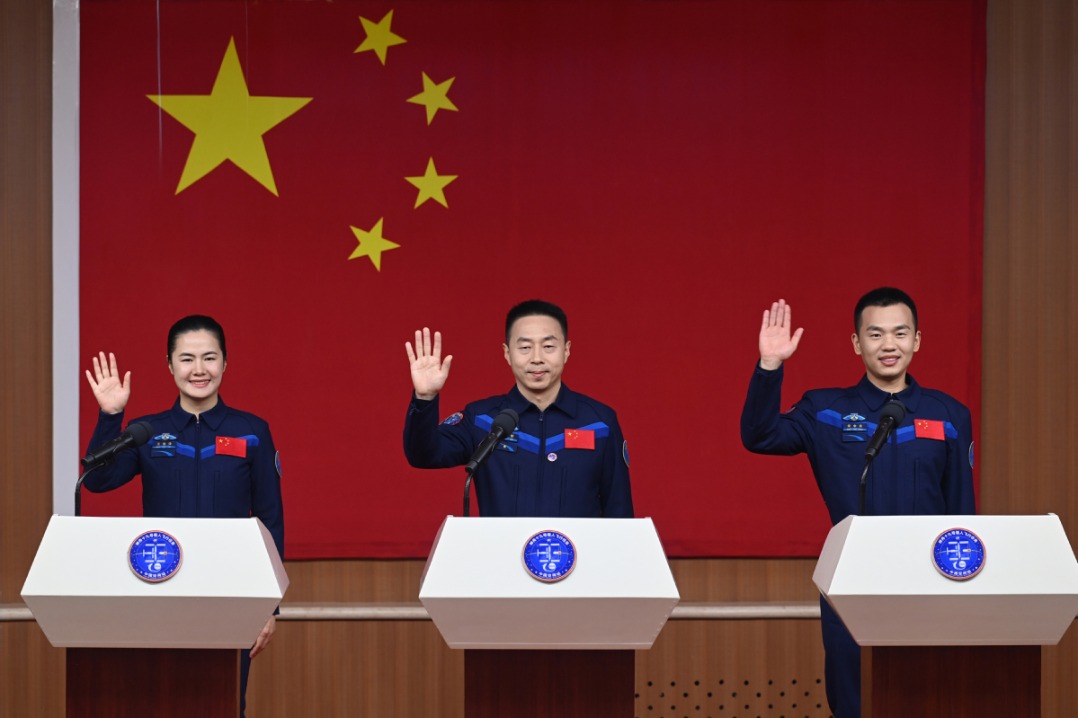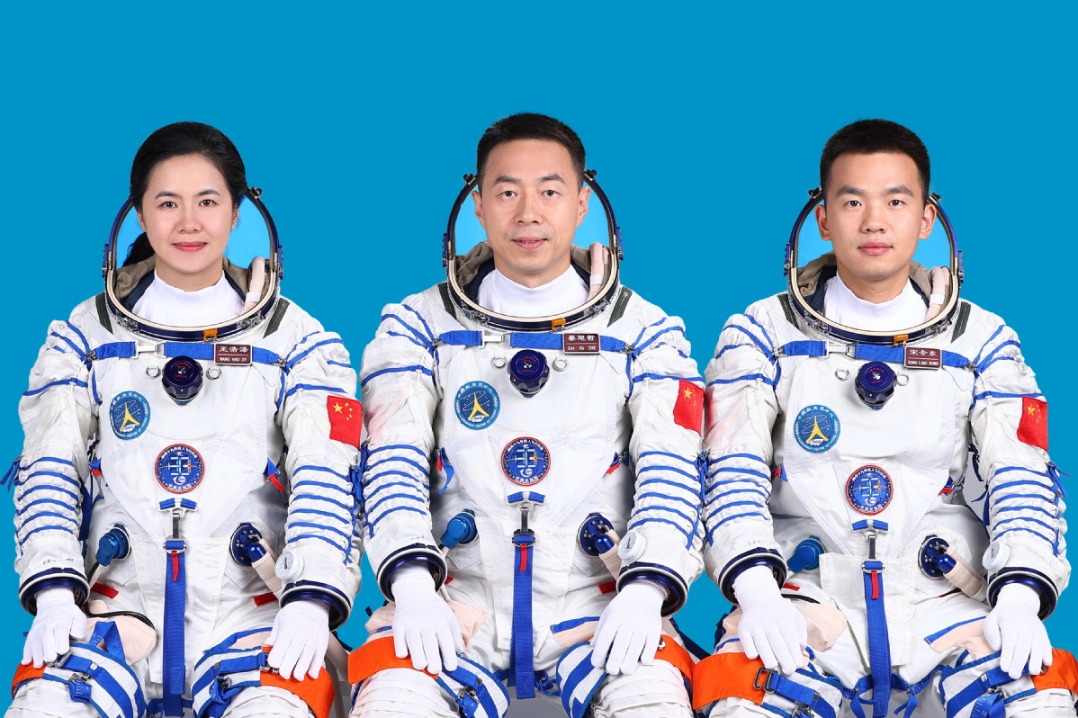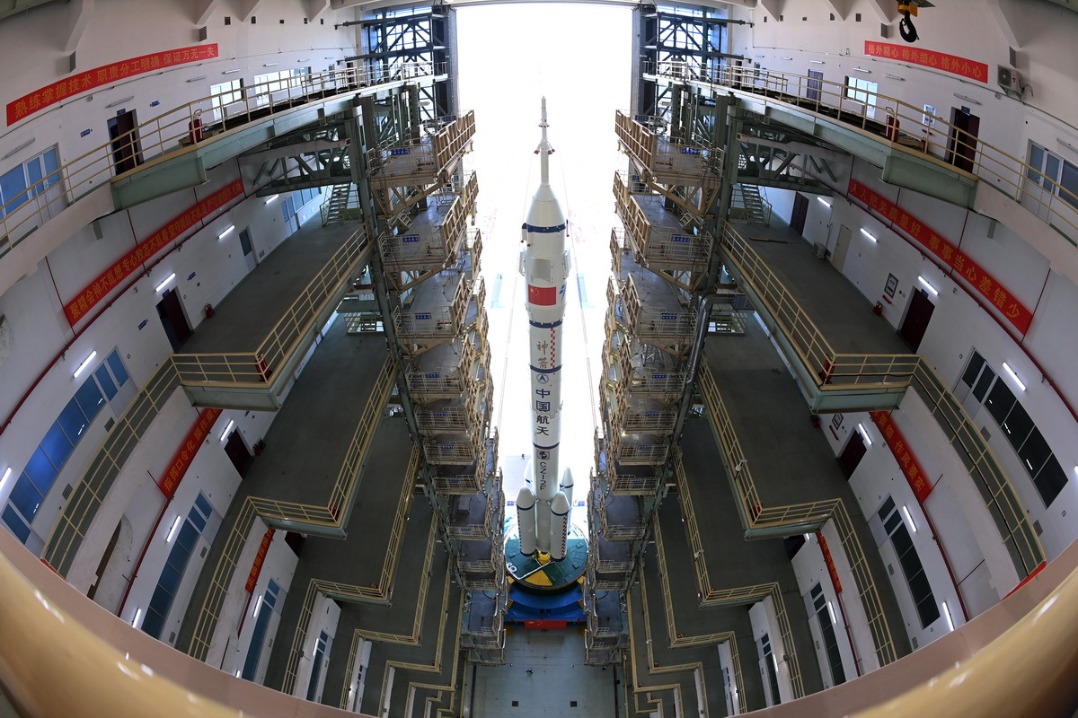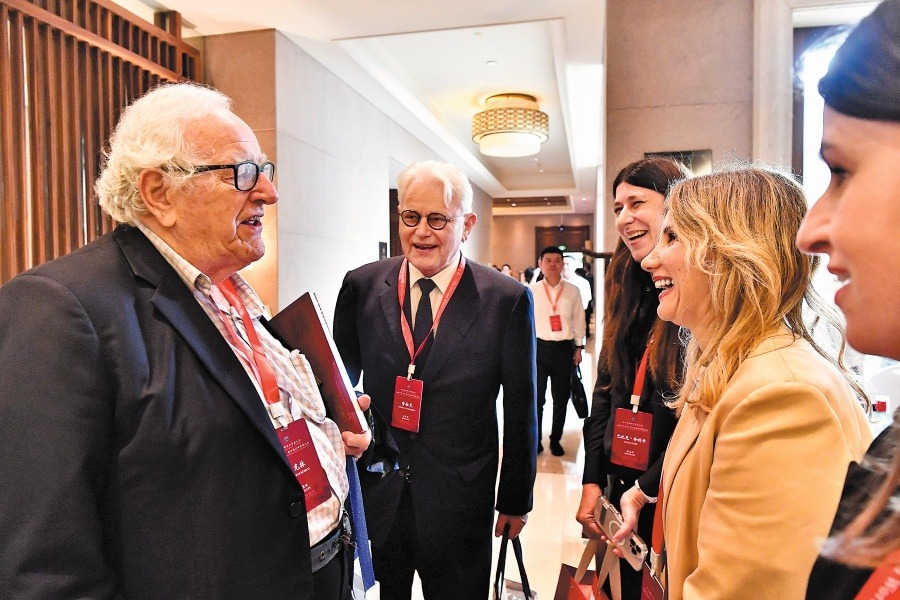China to launch Shenzhou XIX crewed spaceship on Oct 30

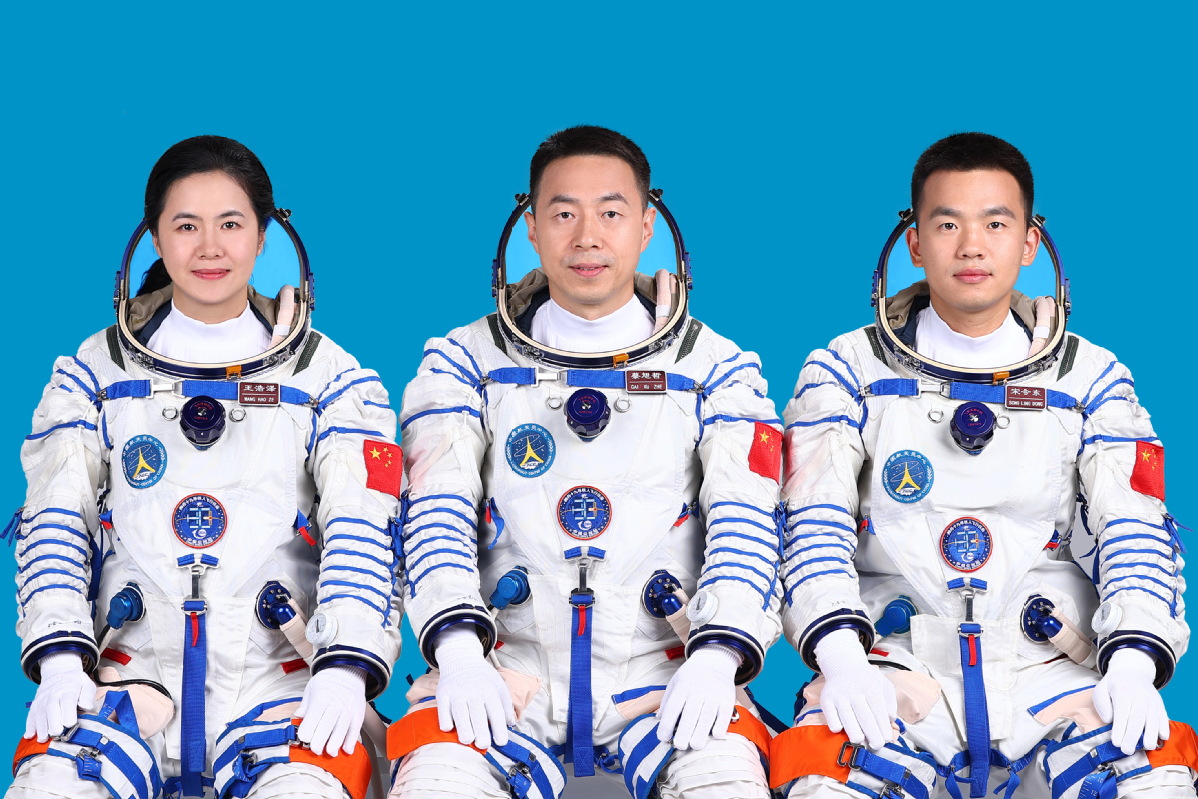
China plans to launch a Long March 2F carrier rocket at 4:27 am on Wednesday from the Jiuquan Satellite Launch Center, with the mission expected to transport three astronauts in the Shenzhou XIX mission to the Tiangong space station, a senior program official said.
Lin Xiqiang, deputy director of the China Manned Space Agency, said at a news conference on Tuesday morning at the Jiuquan spaceport in northwestern China's Gobi Desert that the crew members — mission commander Senior Colonel Cai Xuzhe, Lieutenant Colonel Song Lingdong, and Lieutenant Colonel Wang Haoze — will take over the massive orbital outpost from their peers in the Shenzhou XVIII and stay there for about six months.
He told reporters that the two groups will live together for about four days for handover work, and then the Shenzhou XVIII astronauts will depart and fly back to Earth on Monday.
The Shenzhou XIX team will be the eighth batch of inhabitants of the Tiangong, which was completed in late 2022.
The rocket to launch Cai's crew will soon start to be filled with propellants at its service tower, according to Lin.
"After the Shenzhou XIX spacecraft enters its preset orbital position, it will activate the rapid rendezvous-docking mode and use about six and a half hours to approach and connect with the front port on the Tianhe core module," said the official.
Cai was part of the six-month Shenzhou XIV mission that lasted from June 2022 to December that year. While for Song and Wang, this coming flight will become their first extraterrestrial journey.
What is notable is that Wang Haoze, 34, will become the third Chinese woman to go to space, after Liu Yang and Wang Yaping, and the first female spaceflight engineer. Before her, Zhu Yangzhu, a male astronaut who took part in the Shenzhou XVI mission, is China's first spaceflight engineer.
She is also the only woman in the country's third-generation group of astronauts. There are 18 in the third generation and they were selected in October 2020 from about 2,500 applicants.
Before joining the astronauts' team in September 2020, Wang was a senior researcher at the Academy of Aerospace Propulsion Technology, a subsidiary of the State-owned conglomerate China Aerospace Science and Technology Corp.













